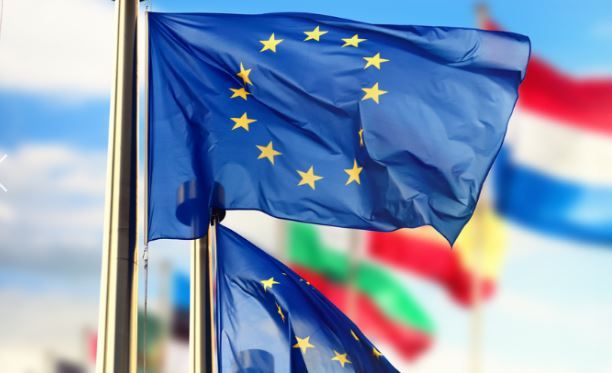
The ETIAS watchlist is a security measure that will come into force when the European Travel Information and Authorisation System (ETIAS) is launched in 2026 .
Europol, the EU’s law enforcement agency, will be responsible for maintaining this list and taking the appropriate actions to counter potential risks to security.
The idea behind the watchlist is to make the European Union and Schengen Area safer for both residents and visitors.
When travellers complete their ETIAS application online, they must answer some basic background questions. The information provided will be screened against the ETIAS watchlist, as well as other databases including the SIS, VIS, ECRIS, and proposed EES.
WHAT DOES THE ETIAS WATCHLIST DO?
The purpose of the ETIAS watchlist is quite straightforward: it serves as a list of people who have committed or could be likely to commit a criminal offense. The watchlist stores data on these individuals in order to keep track of potential threats to Europe.
The ETIAS watchlist includes not only convicted criminals but will also record information about those who are a potential threat to European security based on the grounds of reasonable belief.
There are 3 contributing agencies that make up the ETIAS watchlist:
- The UN list of war criminals
- Information provided by EU member states on any person who has committed or is likely to commit terrorist or major criminal offenses
- Information provided by international cooperation on any person who has committed or is likely to commit terrorist or major criminal offenses
WHO WILL BE RESPONSIBLE FOR THE ETIAS WATCHLIST?
The ETIAS Watchlist will be established and maintained by Europol, the European law enforcement organisation.
Among their other responsibilities, Europol will create and manage the ETIAS Watchlist as part of the ETIAS initiative to improve security within Europe.
These updates include the following:
- Technological upgrades, with research and innovation in combating international crime
- Cooperation with private parties
- Cooperation with third countries
- Processing large datasets
- Working closely with the European Public Prosecutor's Office (EPPO)
THE ROLE OF EUROPOL IN SECURITY AND THE ETIAS WATCHLIST
The European Union Agency for Law Enforcement Cooperation (Europol) is a cross-border law enforcement agency for the EU.
Based in the Hague, it collects, stores, processes, and analyses information relevant to the security of the EU and Schengen Area. It then organises and coordinates joint responses from member states to counter potential threats.
The European Council have recently agreed to increase Europol’s capacity by giving the agency more access to the EU’s security systems. Europol now has permission to enter the Schengen Information System (SIS) — one of the most important information sharing systems in the Schengen Area.
The SIS will be a key part of the ETIAS screening policy. The system will check the background data of applicants and exchange information with other agencies, helping to strengthen border security in the EU.
When the ETIAS is implemented in 2026 , Europol will maintain the watchlist of individuals who are deemed to be a security risk. This information will be made available to border control officers in member states.
Europol may also play a role in coordinating any necessary response to a potential security issue flagged when an ETIAS application is screened against the watchlist.
HOW WILL THE ETIAS WATCHLIST AFFECT PEOPLE TRAVELLING TO EUROPE?
The ETIAS watchlist will not noticeably affect the experience of the vast majority of people travelling to the EU.
However, it will help to improve the security of the EU. This will make travelling to Europe safer than ever for foreign visitors.
HOW WILL THE WATCHLIST BE USED WITH ETIAS APPLICATIONS?
Once passengers have completed their quick online ETIAS form, it will be sent to be reviewed digitally. The information will be compared with the information stored in various security systems, including the ETIAS watchlist.
If there is a hit during automatic processing, the application will be reviewed manually. From here, the decision will be taken whether to grant the ETIAS visa waiver or not.
If the European travel authorisation is granted, the applicant will receive an approval email with their ETIAS visa waiver and the information necessary for presenting it when required. This will effectively allow the individual to enter the ETIAS Schengen zone.
If the applicant is denied the ETIAS travel authorisation for whatever reason, justification may be given depending on the agency responsible for reviewing the application. The applicant will have the right to appeal.
WHICH COUNTRIES WILL HAVE ACCESS TO THE ETIAS WATCHLIST?
Countries who do not participate in ETIAS, such as the Republic of Ireland, the UK, and those not included in the ETIAS Schengen list of countries, will have no access to the ETIAS watchlist. These states will maintain their own Europol policies for immigration and security purposes.

